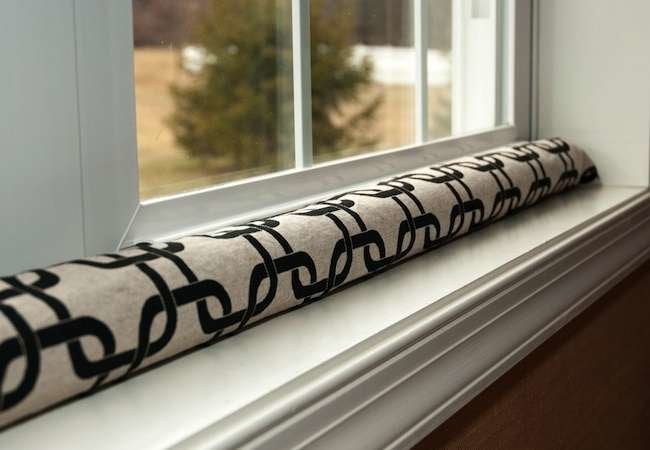

We may earn revenue from the products available on this page and participate in affiliate programs. Learn More ›
Home Advice You Can Trust
Tips, tricks & ideas for a better home and yard, delivered to your inbox daily.
Lock In the Heat
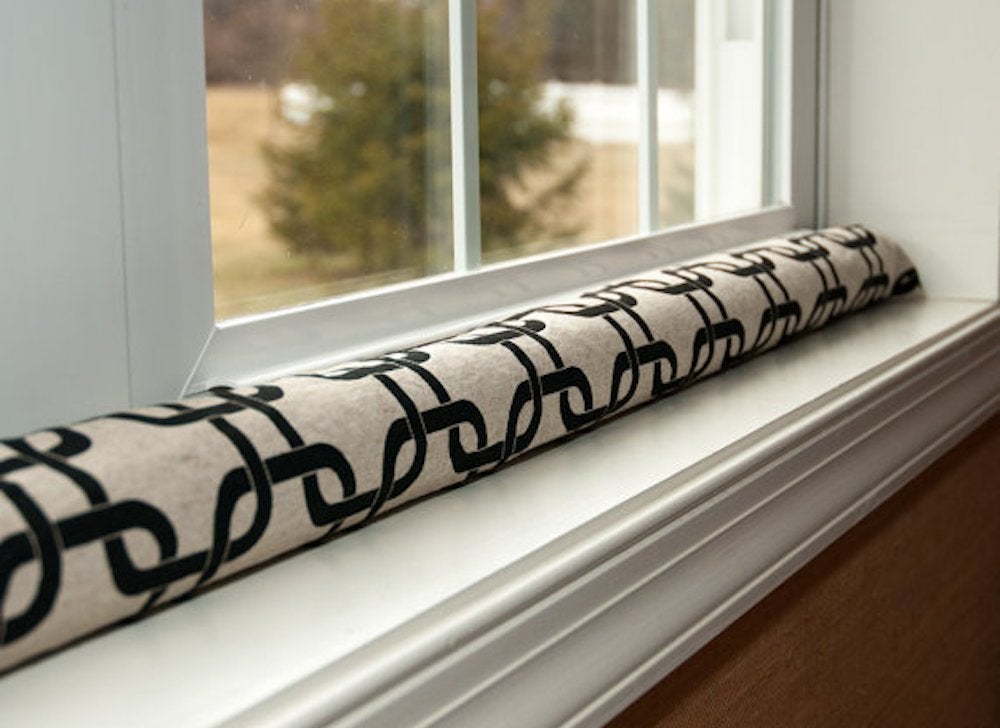
etsy.com via GreenDecor
When the wind starts to whistle through the windows and the doors, you can stop the draft by stitching together a simple draft dodger like this one. Use a fabric with some weight and texture to it (all the better to lock in the heat), sew it together in a tube shape, then add a filling of your choice—batting, dried beans, uncooked rice, newspaper—then sew it shut.
Double-Sided
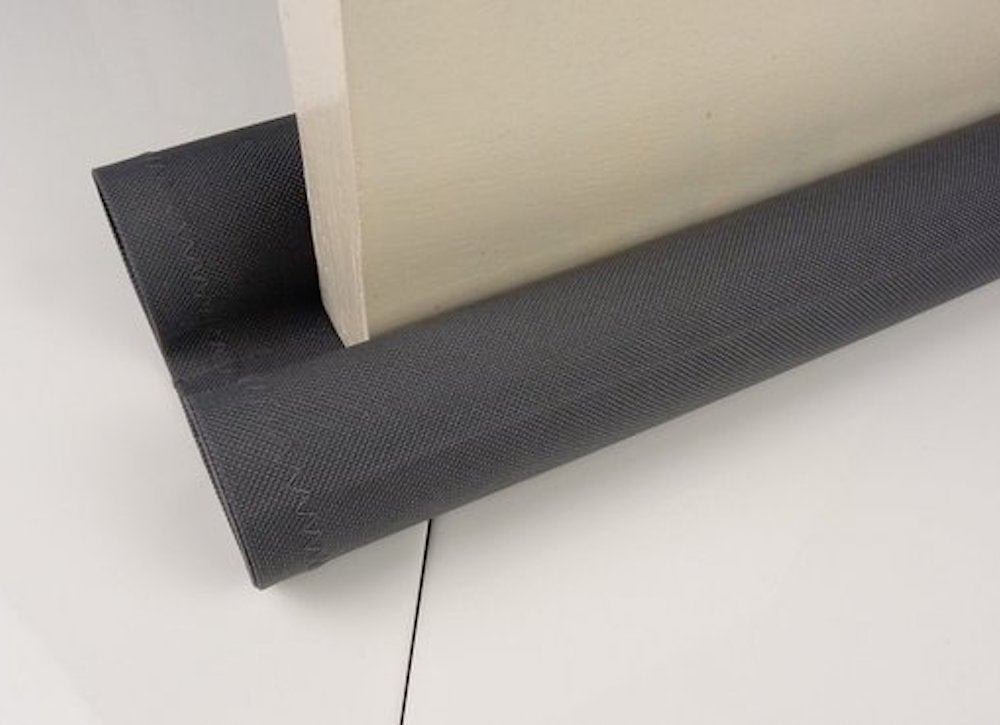
etsy.com via Breezeze
Double up on the cold-proofing in interior rooms with a dual-sided draft blocker. A rigid foam filling works best for this option. If you’re particularly resourceful, you might try to sacrifice last summer’s pool noodle for a little extra warmth this season.
Wood-Look Warm Up
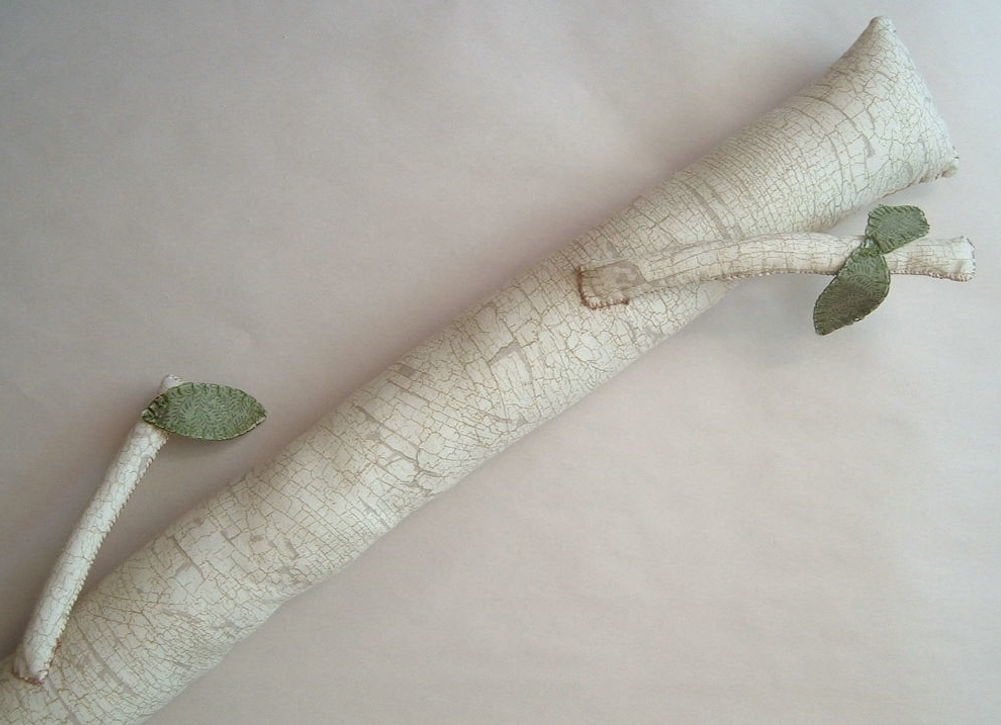
instructables.com via ke11ys
Create a draft dodger from natural-looking fabric and then attach “branches” to give it a lifelike look. This faux tree limb is a darling yet durable option for keeping cold air at bay.
For the Kids

instructables.com via YukonJulie
If you have children, it’s likely that your draft snake may end up as a part-time toy—so go ahead and bring the kids in on the fun. Let them apply eyes, mouths, tails, and feet to already assembled draft dodgers (those shown here were filled with uncooked rice).
Comical Comfort

Another one for the kids! Break down one of their favorite animated characters into its essential features for a comical take on the draft snake. What children wouldn’t delight at the sight of a beloved cartoon character sneaking into their room—and keeping them warm at the same time?
Knit for Duty

etsy.com via SarahTaylorDesigner
A DIY draft blocker is a great next step for beginning knitters ready to graduate from scarves. Take this opportunity to plunge into circular knitting, or, once they’ve knitted two identical rectangles, teach them how to knit two pieces together.
Sock Blocker
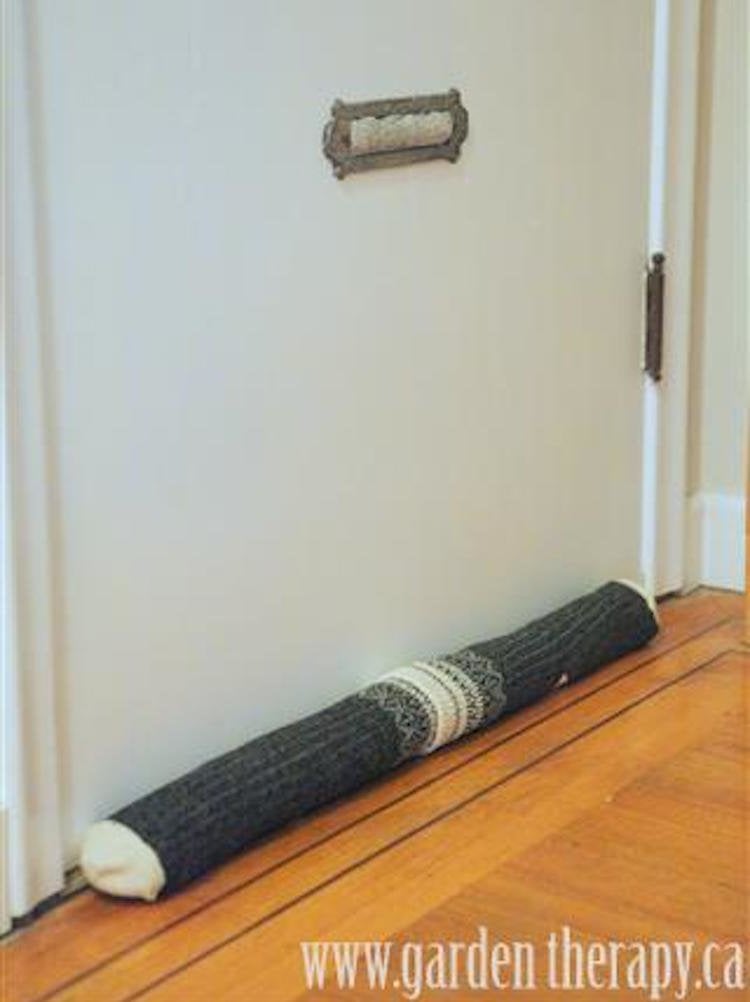
Even if you don’t have any scrap fabric lying around, you may be able to make a draft dodger this weekend without having to buy anything. Find a couple of pairs of coordinated socks that are no longer suitable for wearing, stuff them, and stitch them together. Careful, the two socks on the ends can’t have holes in the toes!
Easy and Cheap
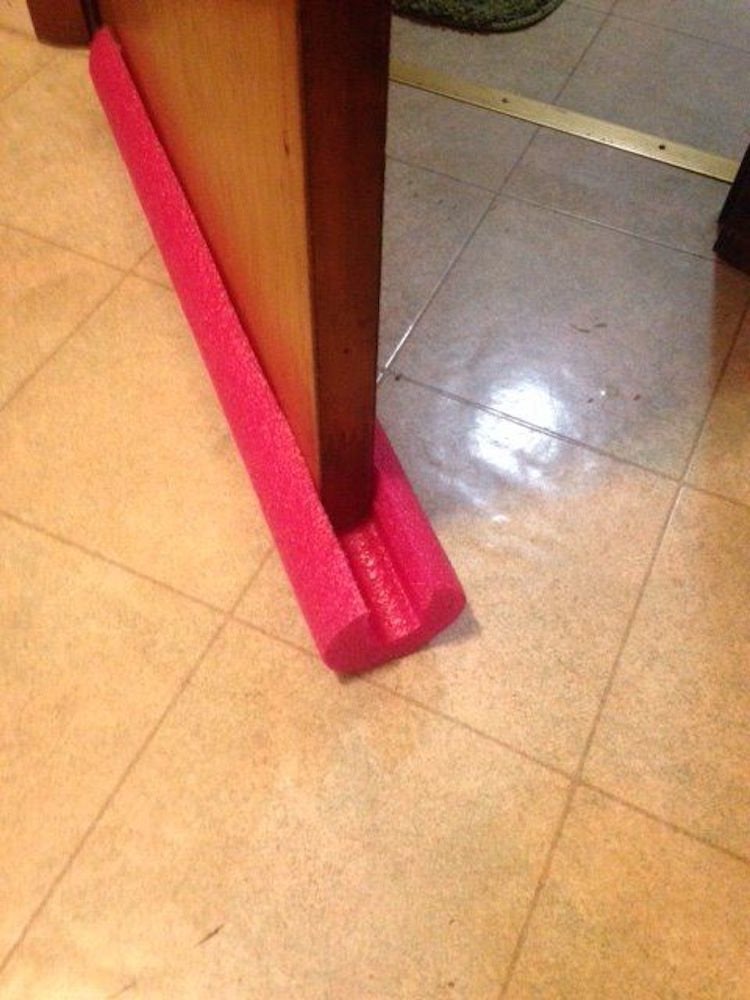
instructables.com via BarryMcGowan
Perhaps the easiest and most restrained draft blocker on our list (and also the cheapest) takes no time at all. Repurposed pipe insulator, cut in half lengthwise, will fit snugly at the bottom of most doors. The best part? Your draft blocker will stay attached when the door is opened or closed.
Block the Cold Air

The small things you do to stop drafts can make a big difference in how comfortable your home feels this winter.

Meet the 2025 Tools of the Year
After months of scouring the market and putting products through their paces, we’ve named the best of the best in new tools. There’s something for everyone, from veteran pros to average Joes.